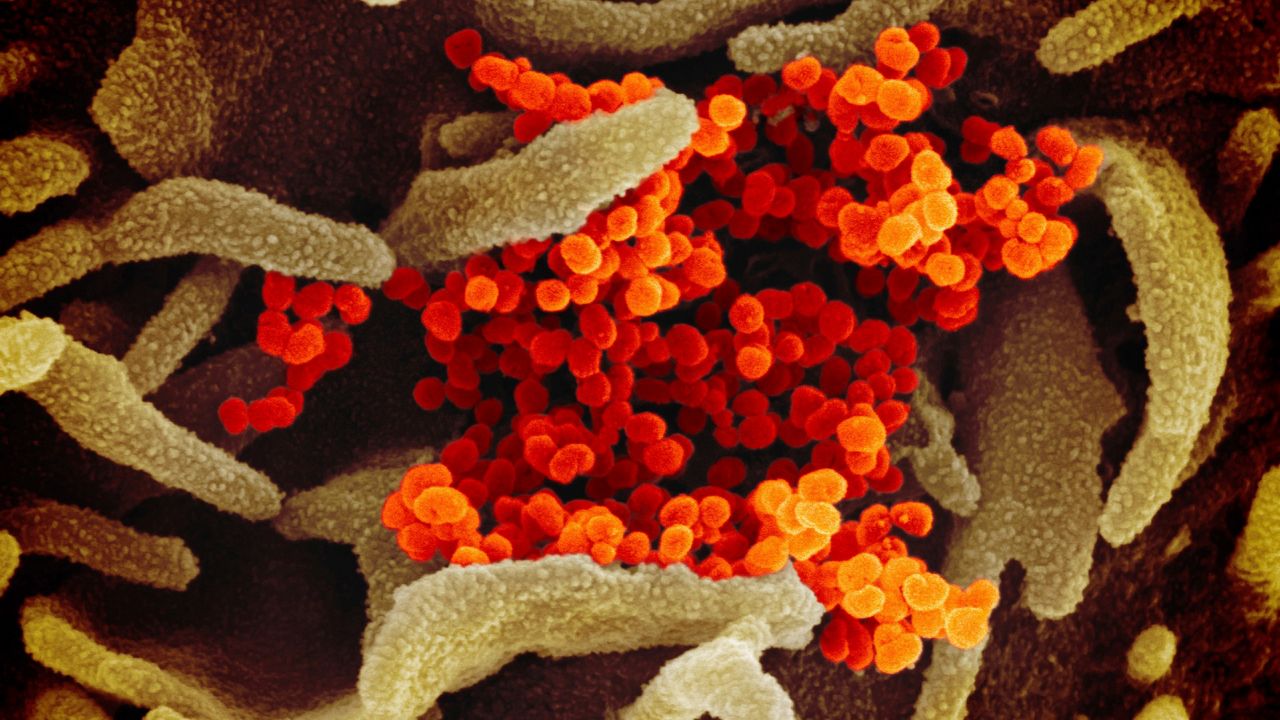HOUSTON — As the Lone Star State continues to deal with the proliferation of the highly contagious delta COVID-19 variant, a Texas hospital system is reporting the state’s first case of another variant.
Houston Methodist Hospital, which operates eight hospitals, confirmed to Spectrum News 1 the first Texas case of the lambda variant.
"We’re a large, diverse community with a lot of travel. Throughout the pandemic, we have had variants from around the world occur in patients we treat at Houston Methodist. This week, through our genome sequencing efforts, we discovered our first case of the Lambda variant, which was first reported in Peru," Houston Methodist spokeswoman and science editor Lisa Merkl wrote in a statement.
According to the World Health Organization, lambda is now a “global variant of interest.” First detected in Peru, the variant has spread to 31 countries, WHO reports. The U.S. Centers for Diease Control and Prevention does not consider lambda a variant of interest.
"While they will be watching Lambda closely, Houston Methodist’s genome sequencing experts are not overly concerned about Lambda compared to Delta. They say Lambda has been around for several months in South America and is dominant in Peru, similar to how Gamma is dominant in Brazil. The COVID-19 pandemic was already serious in Peru and Brazil prior to the Lambda and Gamma variants manifesting in each of those countries," Merkl wrote.
A variant of interest is defined as one that has mutations that are known or predicted to affect transmissibility and severity of disease, among other factors.
Like the delta variant, lambda’s mutations make it easier to latch onto our cells and invade them. Also like delta, it’s believed that current vaccines are effective against lambda.
Despite the diagnosis, it continues to be the delta variant that’s fueling the resurgence of COVID-19 cases and hospitalizations in Texas.
"Delta is 85% here at Houston Methodist now, and we know it’s highly contagious. So, the massive spike in Delta, severe infections and hospitalizations is what’s cause for concern right now and vaccination is our best defense," Merkl wrote.
Mutations can occur any time the virus replicates. This is what concerns researchers about large undervaccinated regions in the U.S., including a significant cluster of counties in Texas that extends roughly from the central part of the state through the Panhandle. If the virus is permitted to spread unchecked, there is opportunity for more potentially dangerous variants to emerge.



